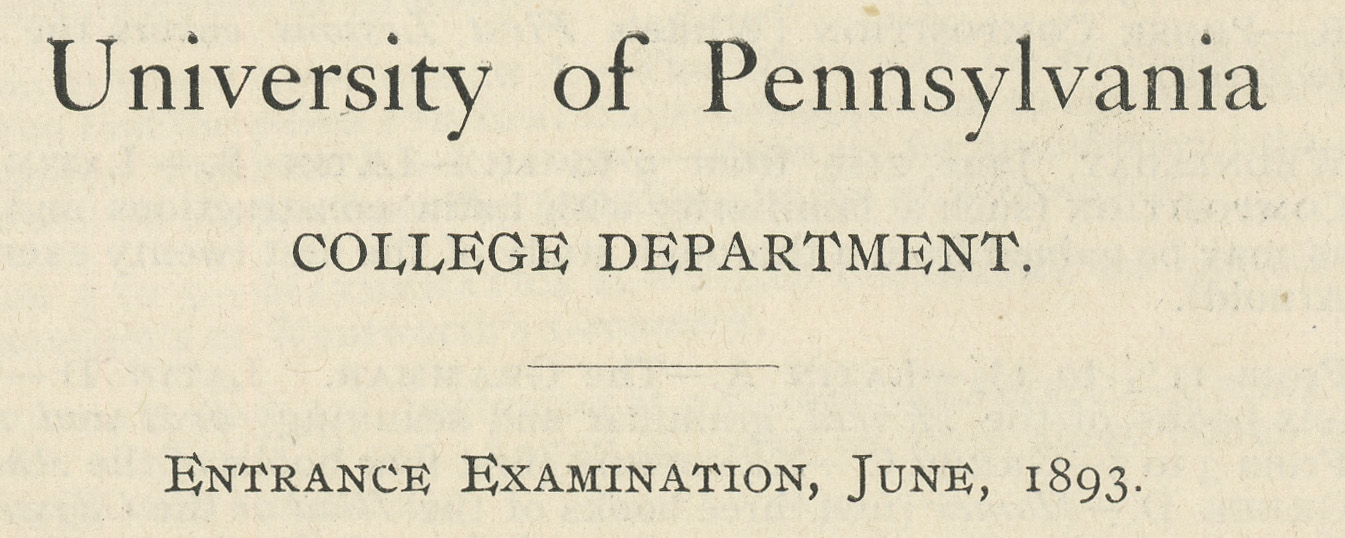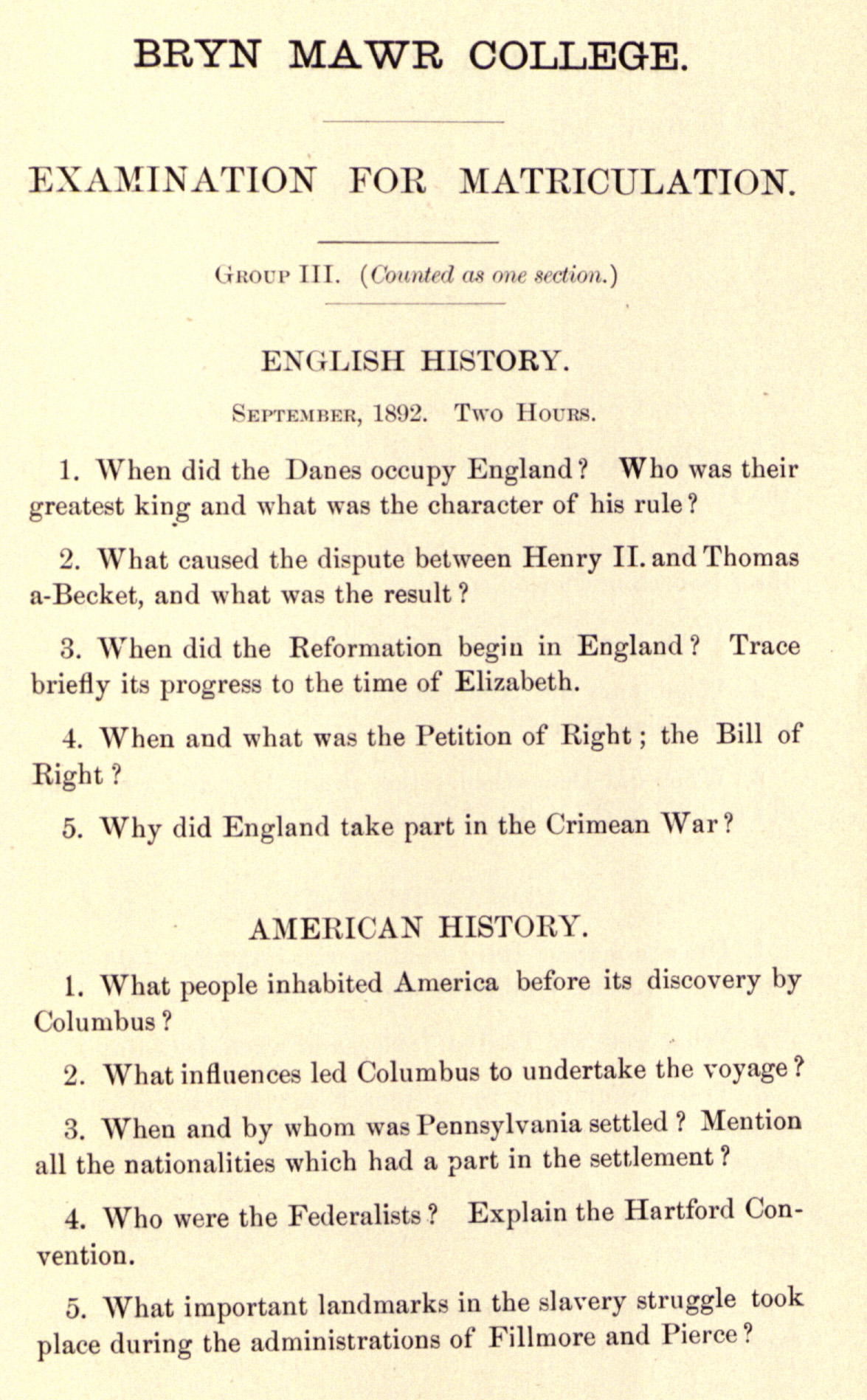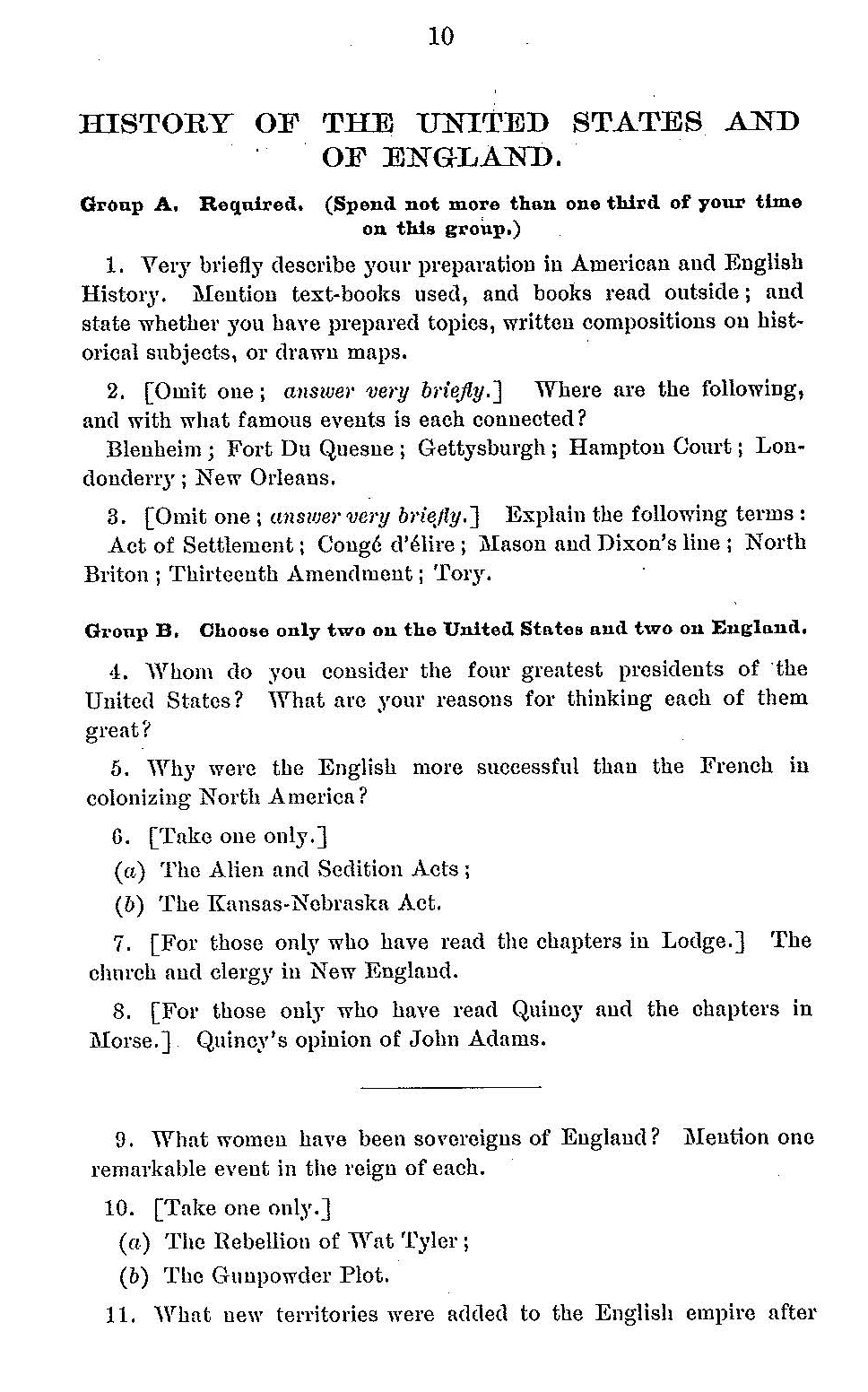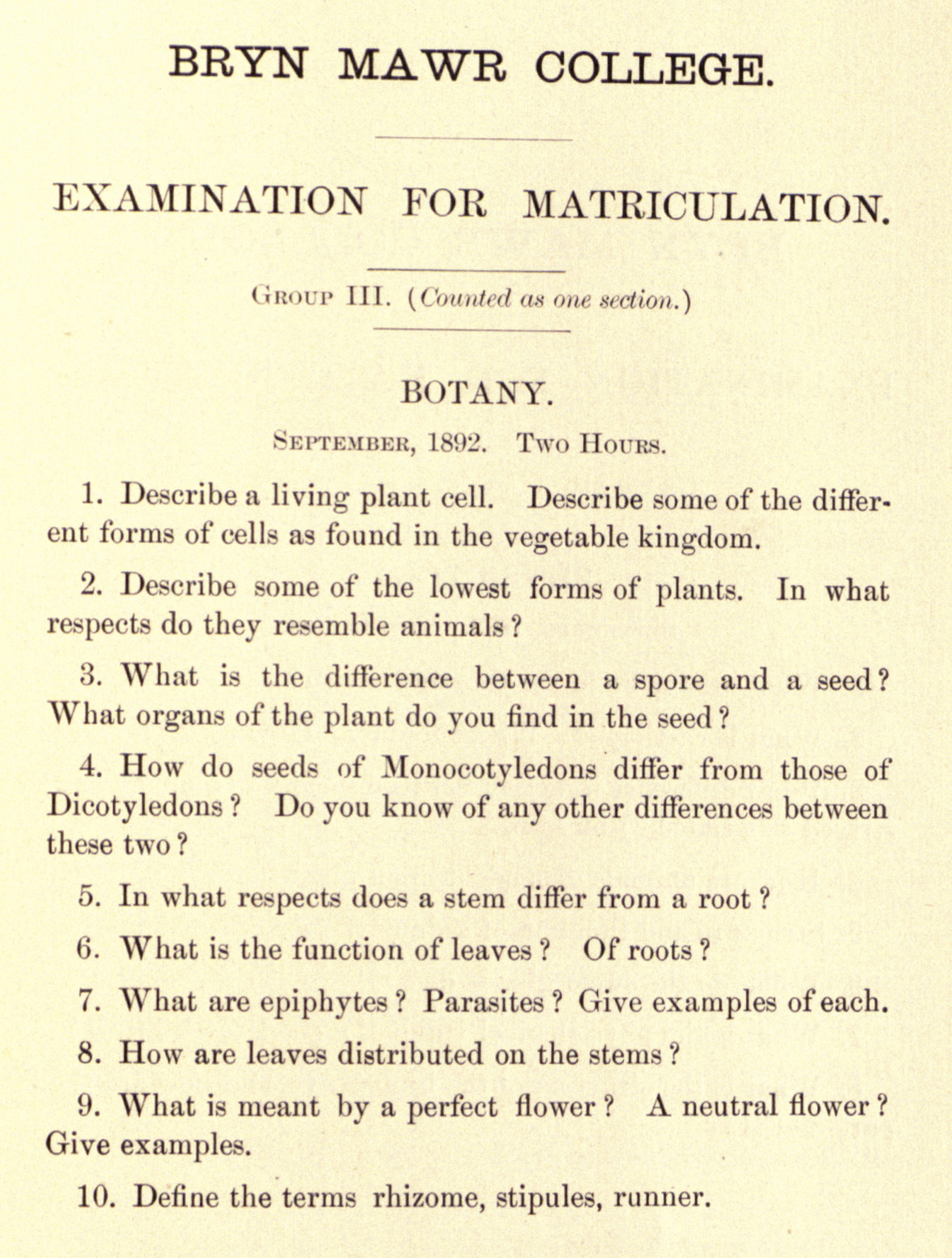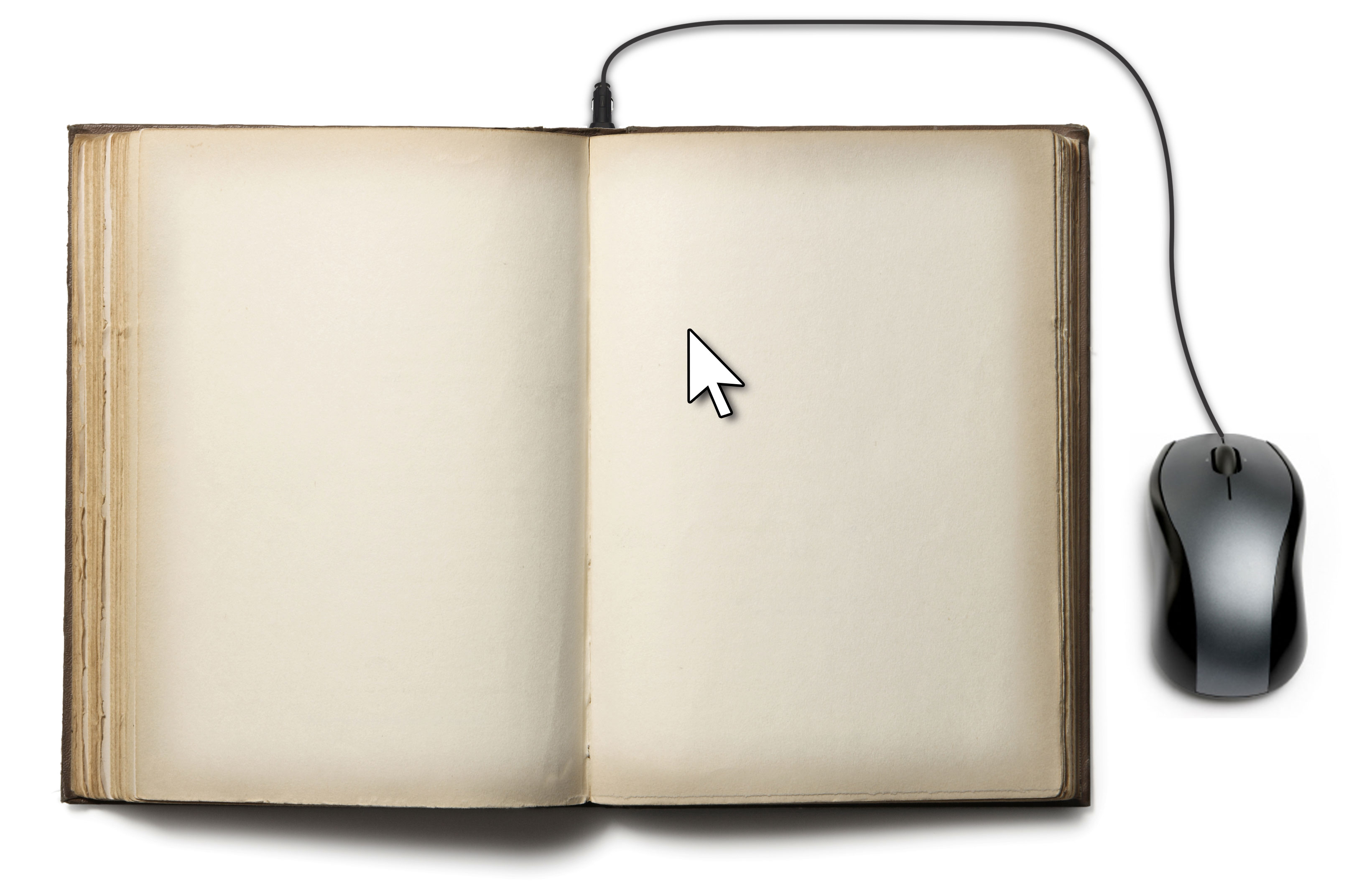 Special Issue: Call for Submissions
Special Issue: Call for Submissions
Issue Guest Editor: Rizvana Bradley (Assistant Professor, WGSS, Emory University)
Submission Deadline: December 1, 2013
Women and Performance invites submissions for a special issue, “The Haptic: Thinking Through Texture.” We welcome scholarly articles and performative texts that directly take up and theorize the ways in which haptic negotiations like touching, folding, fingering, or tracing the texture of an object, offer themselves as feminist techniques of knowing in art and performance. We seek articles, texts and projects that are directly concerned with thinking about the texturized quality of performances which touch upon the specific feel and consistency of cultural practices, as well as the production and reproduction of daily life, broadly speaking.
Critical scholarship within media and film studies has stressed the ways in which the haptic denotes the tactile as a category of experience that provokes the sensorial conventions and conjunctions of touch, taste, smell and sight. This issue seeks to develop and expand the critical parameters as well as the lexicon of the haptic further. By de-instrumentalizing the haptic and its association with media and visual consumption, this special issue opens a discussion of the haptic to alternative archives of aesthetic and cultural production, including but not limited to art, poetry, and literature, in relation to Black studies, feminist, queer, and gender studies, disability studies, food studies, and sound studies. We are interested in artistic and intellectual projects that highlight performative experiments with objects, media, narratives and poetics that may be mapped and felt in excess of a phenomenology of experience, which maintains a certain equipoise between the object of perception and the subject of experience.
Some questions contributors might consider: How do the objects, sounds and substances we engage with, and/or the surfaces that both appear or do not appear to us, push back on us, and compel us to take on their particular texture or feel? How do these objects, sounds and substances ultimately provoke the limits of our engagements with them? How do these texturized, haptic dimensions challenge our physical comportment, as well as our conscious or unconscious interaction with objects and substances? Does haptic contact mark our vulnerability to a material world we presumably locate outside ourselves? Are these haptic intervals pursued as spaces of fugitivity or fugitive discovery for what some have called black study? Are the tentative avenues of sensing, touching and feeling opened up by the haptic intensified by an experimental black ontology that moves through and includes other bodies, forms and formations? Does starting from the haptic, produce alternative ways of knowing race, sex, and materiality, potentially enabling us to remap and relocate power and agency in something other than subjectivity?
We welcome essays, experimental writings, poetry or performances that mark haptic life as an avenue of discovery for black, feminist, queer, trans, or other epistemologies. Contributions that explore the haptic through forms of relational, non-normative, black, feminine and/or queer sense are especially of interest. We ask for work that explores the production and reproduction of historically specific somatic imaginations that make possible forms of knowledge and desire that were and perhaps still are inadmissible, impossible or illegible under the rubric of neoliberal subjectivity.
Potential topics/possible intersections including but not limited to:
Haptic Bodies: Queer, Black, Trans, Feminine and Disabled Bodies in Performance, Experimental Theater, Live Art and Dance
The Haptic as a means of theorizing Resistance, Fugitivity and Anti-Normativity
The Haptic in Black Aesthetics and Performance
Texture in Contemporary Art and Visual Culture
Food Studies
Sound Studies
Queer Sound
Poetry and Performance
Sound and Poetry
Disability Studies and the Haptic
Affect Studies
Theories of Touch
Theories of Embodiment
Non-Cognitive Modes of Expression
Surface and Surface Readings
New Materialisms and Object-Oriented Ontology
Post-Identity Subjectivity
Marxism and Materiality/Haptic Consumption, Production, Reproduction and Labor
Haptic Temporalities, Duration, Endurance, Exhaustion
Article submissions should be 6-8,000 words in length and adhere to the current Chicago Manual of Style (CMS), author-date format. Performative texts should be 2-3,000 words and in any style the author chooses (same CMS style as above if using citations). Photo essays are welcome. Questions and abstracts for review are welcome before the final deadline.
Complete essays and texts for consideration must be submitted by 11:59 PM EST, December 1, 2013.
Please send all work to the editor via email (MSWord attachment): hapticissue@gmail.com. AND Please submit manuscripts electronically, as Microsoft Word attachments, to Managing Editor Summer Kim Lee at managingeditor@womenandperformance.org.
Further submission guidelines may be found below. Women and Performance is a peer reviewed journal published by Routledge, Taylor & Francis.
General Submission Guidelines
The Editorial Collective of Women & Performance invites submissions of scholarly essays on performance, visual and sound art, theater, dance, ritual, political manifestations, film, new media, and the performance of everyday life from interdisciplinary feminist perspectives. We also welcome performative texts; interviews; book, performance and film reviews; and photo essays and images that advance critical dialogues on gender and performance. Women & Performance accepts proposals for themed issues from guest editors. We publish scholarship that is interdisciplinary and provocative in method and form.
Please submit manuscripts electronically, as Microsoft Word attachments, to Managing Editor Summer Kim Lee at managingeditor@womenandperformance.org.
All work should be double spaced, with 1-inch margins, in 12-point Times font.
Scholarly essays should not exceed 10,000 words; reviews should be approximately 1,000 words.
Writers should follow the Chicago Manual of Style, 15th edition. All manuscripts must be submitted with a cover document – including author’s name, address, email, phone number; a brief bio, indicating affiliation, recent publications; a 200 word abstract; and a word count of the manuscript. To protect the anonymity of the submission process, please avoid listing your name anywhere in the body of the manuscript.
Please title your attachment with your last name, for example: title the manuscript as YourLastName.doc, and any images as YourLastNameImage1.pdf and YourLastNameImage2.pfd and so on. You are welcome to submit images along with your manuscript; however, please ensure that you have (or will) secure copyright protection for all images. Women and Performance cannot aid in, or financially contribute to, the procuring of copyright.
We will send you an acknowledgment of receipt once your submission is processed. The Editorial Collective vets all submissions before they are sent out for external, anonymous peer review. We provide reader comments, and may ask you to revise and resubmit your work. The journal makes very effort to respond to submissions within three to six months.
Book reviews of no more than 1,500 words may be sent to managingeditor@womenandperformance.org.
Performance reviews of current exhibitions, films, parades, performance art, dance and theatre may be sent to managingeditor@womenandperformance.org.
http://www.h-net.org/announce/show.cgi?ID=205903
 College of Arts and Letters
College of Arts and Letters
